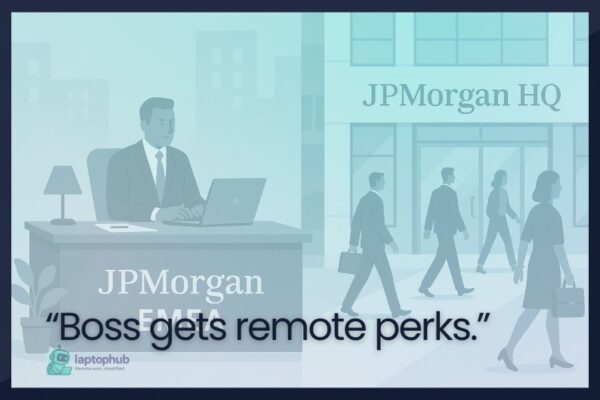In recent years, the allure of the digital nomad lifestyle captivated many professionals seeking the freedom to work remotely while exploring the world. However, as companies increasingly enforce return-to-office policies and economic uncertainties loom, this trend is experiencing a notable decline.
According to a report by Business Insider, the once-thriving digital nomad movement is facing challenges as businesses tighten control over employee locations, citing compliance, taxes, and legal risks. Job seekers’ interest in international roles has returned to pre-pandemic levels, influenced by slower hiring, higher living costs, and restrictive immigration policies. Specialized digital nomad visas offer limited appeal due to their complexity and cost.
Instead, companies are pivoting to short-term business travel. While remote work endures, the unregulated freedom of working from anywhere is diminishing, and many former nomads are settling down. The shift reflects not a rejection of remote work, but a move toward more structured, compliant, and economically viable models in a new post-pandemic baseline.
Companies enforce stricter remote work policies
The shift away from digital nomadism is further compounded by companies enforcing stricter remote work policies. Employers are increasingly mandating in-office attendance, reducing the flexibility that once allowed employees to work from various global locations. This trend is driven by concerns over productivity, collaboration, and maintaining company culture.
Future of remote work: structured and compliant
As the digital nomad lifestyle wanes, the future of remote work appears to be more structured and compliant. Companies are focusing on creating clear policies that balance flexibility with accountability. This includes defined remote work guidelines, regular in-person meetings, and adherence to local labor laws. While the era of unrestricted remote work may be declining, a new model that combines flexibility with structure is emerging.
Read our editorial guidelines to learn how we report news on LaptopHub.





